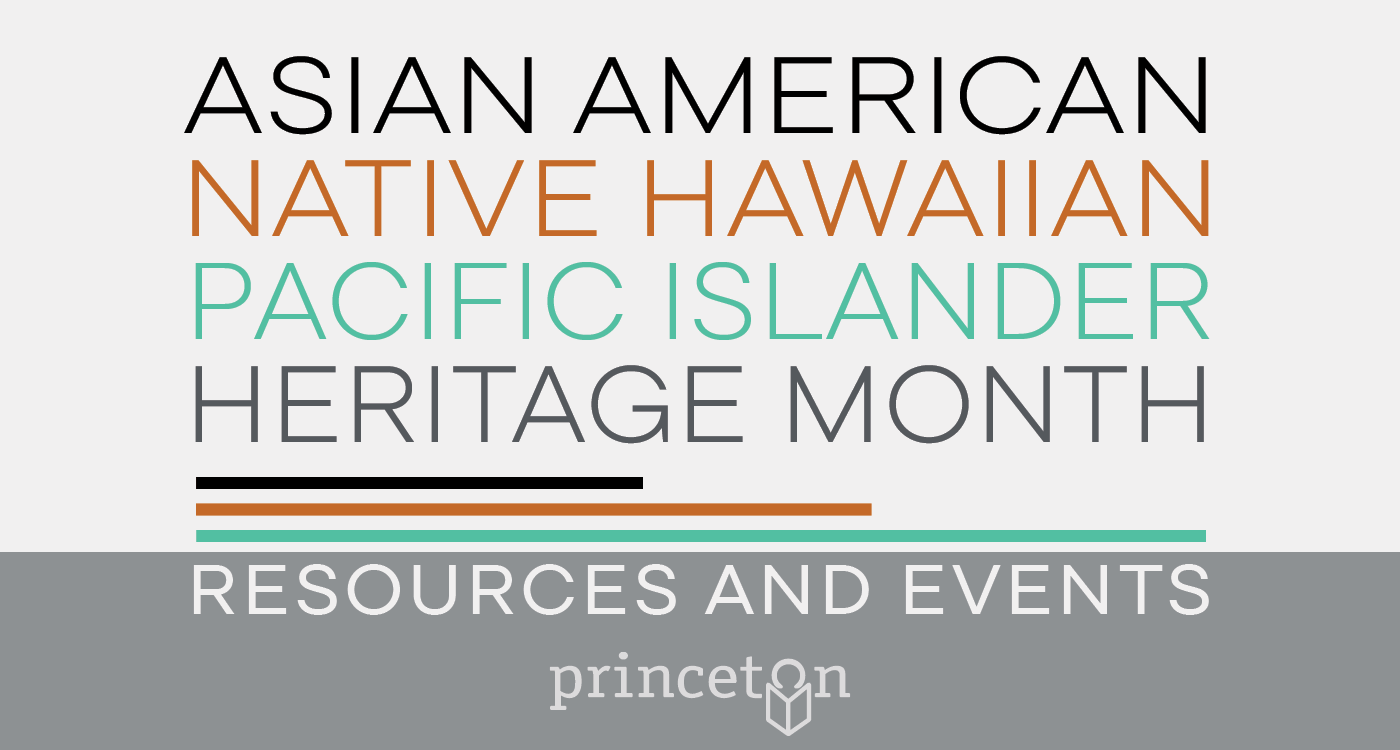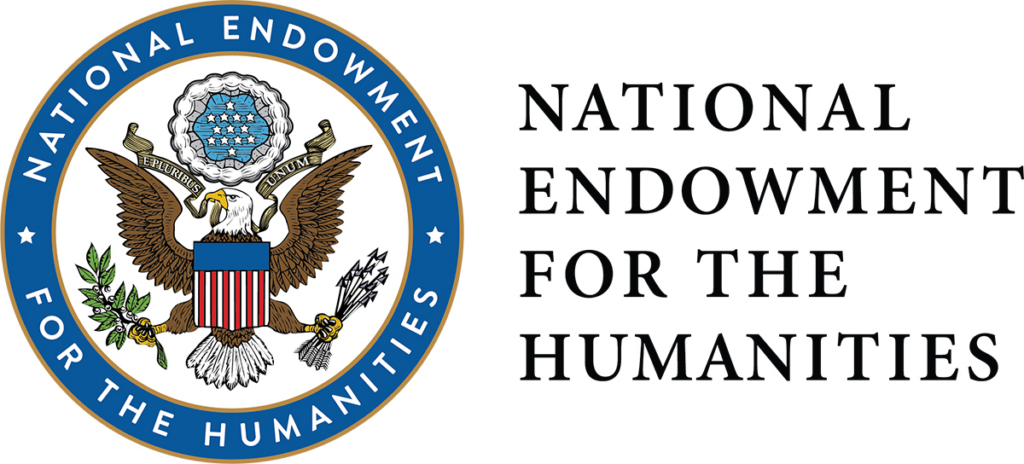
#about
About the Guide
May is Asian American, Native Hawaiian, and Pacific Islander Heritage Month. This month offers an opportunity to explore the stories and perspectives of Asian, Native Hawaiian, and Pacific Islander Americans. The library strives to include such topics in programming and content throughout the year; this month serves as a chance to focus our efforts.
In 1978, Congress passed, and President Jimmy Carter signed, a resolution designating an Asian/Pacific American Heritage Week in May. Presidents renewed the week annually over the next decade. Congress expanded the observance from a week to a month in 1990, before passing a law in 1992 designating a permanent annual Asian/Pacific American Heritage Month. President Joe Biden changed the name of the month to Asian American, Native Hawaiian, and Pacific Islander Heritage Month starting with his 2021 proclamation. May was selected for two reasons: to commemorate the first known arrival of Japanese immigrants in the United States and to mark the completion of the transcontinental railroad by a workforce consisting of many immigrants from China.
This heritage month highlights a broad and diverse group, with members including “all of the Asian continent and the Pacific islands of Melanesia (New Guinea, New Caledonia, Vanuatu, Fiji and the Solomon Islands), Micronesia (Marianas, Guam, Wake Island, Palau, Marshall Islands, Kiribati, Nauru and the Federated States of Micronesia) and Polynesia (New Zealand, Hawaiian Islands, Rotuma, Midway Islands, Samoa, American Samoa, Tonga, Tuvalu, Cook Islands, French Polynesia and Easter Island).”
#learn
Learn about AANHPI Heritage
See below for lists of nonfiction and fiction geared toward adult readers and centered around the experiences and perspectives of Asian Americans, Native Hawaiians and Pacific Islanders.
For teens and kids below are lists of books that highlight AANHPI history, culture and experiences.
Online resources include:
- Commemorations and celebrations from the National Park Service
- Facts for features from the U.S. Census Bureau
- Special Topics page from the National Archives News
- AAPI New Jersey, a nonprofit representing Asian American and Pacific Islander families
- NEH projects exploring Asian American, Native Hawaiian, and Pacific Islander experience
#programs
Programs at the Library

AANHPI month launches with an author event, when Amy Tan visits the library’s Community Room on Wednesday, May 1 at 7 p.m. Tan will discuss her latest book, “The Backyard Bird Chronicles,” which celebrates the wonders of birding and nature. In 2016, amidst social media overload and societal divisions, Tan sought solace in nature, particularly the birds in her yard. What began as a quest for peace evolved into a profound connection to nature and a deeper appreciation for life’s simplicity. Registration has closed for this event, which presented in partnership with Labyrinth Books.

A screening of the comedy “Americanish” (PG-13; 1 hour, 31 minutes) brings some light humor to the Community Room 3-5 p.m. May 3. This 2021 comedy follows three women as they navigate the often turbulent waters of romance, culture, career and family. Pakistani sisters Maryam and Sam Khan and their cousin Ameera decide that their American dream is to find rich husbands in Queens, NY. They realize this will be more challenging than they thought, as obstacles are thrown in their way from every direction. Between what is traditionally expected of them, the prejudices that women from the Middle East in America face and the daily struggles of finding someone who is husband material, it remains to be seen if they will succeed.
A special intergenerational program, “Exploring Korean Culture,” offers an hour of Korean games and familiar treats followed by musical performances, bringing together traditional cultural practices with contemporary expressions of Korean and Korean American identity. Highlights include performances by composer and haegeum master Soo Yeon Lyuh and vocalist Claire Shin, which culminate in a special performance of the beloved Korean folk song “Arirang.” Scheduled for Saturday, May 4, from 10 a.m. to noon, registration is requested, but not required.

A thought-provoking panel discussion featuring local South Asian authors will be in the Community Room on Saturday, May 11, 3-4:30 p.m. Pooja Makhijani, Namrata Patel, Priyanka Taslim and F.S. Yousaf delve into the nuances of identity and the significance of storytelling in a program titled “Weaving Identity: South Asian Authors on Telling Our Stories.” Moderated by Ambreen Ali, founding editor of Central Desi, the authors will share insights into their works and discuss the influence of identity on their storytelling. Following the discussion, chai and Desi snacks will be served as we celebrate AANHPI Heritage Month. Books will be available for purchase and signing by the authors through partnership with Labyrinth Books.
The Princeton Go League brings competitive, ranked play at the ancient game of Go to the Community Room on May 26 from 11-6 pm. This event allows beginners to gain tournament experience without affecting official ratings. Players in the League will have the opportunity to play in-person games of Go against people of a similar rank. The league is primarily aimed at beginners, as the goal is to have more beginners play in tournaments. Players will have to sign up for the league in advance. However, there are no restrictions on who can play.
For Kids & Teens a hands-on workshop exploring “The Art of Wood Block Printing” will take place on Sunday, May 5 from 2-3 p.m. The workshop is open to kids 8-14 years old, and registration is required.
#educators
Resources for Educators
The materials below offer potential starting points for engaging learners. You’ll find lesson plans, digital tools, and more.
- Teacher resources collected by federal cultural agencies
- Teacher’s guide from the National Endowment for the Humanities
- Toolkit and professional development resources from Learning for Justice
- Resources from the Anti-Defamation League
- Teacher’s guide from Studies Weekly
- Resources from the National Education Association
- Collected resources from Facing History and Ourselves

Content made possible with support from the National Endowment for the Humanities: Any views, findings, conclusions or recommendations expressed in this resource does not necessarily represent those of the National Endowment for the Humanities.
